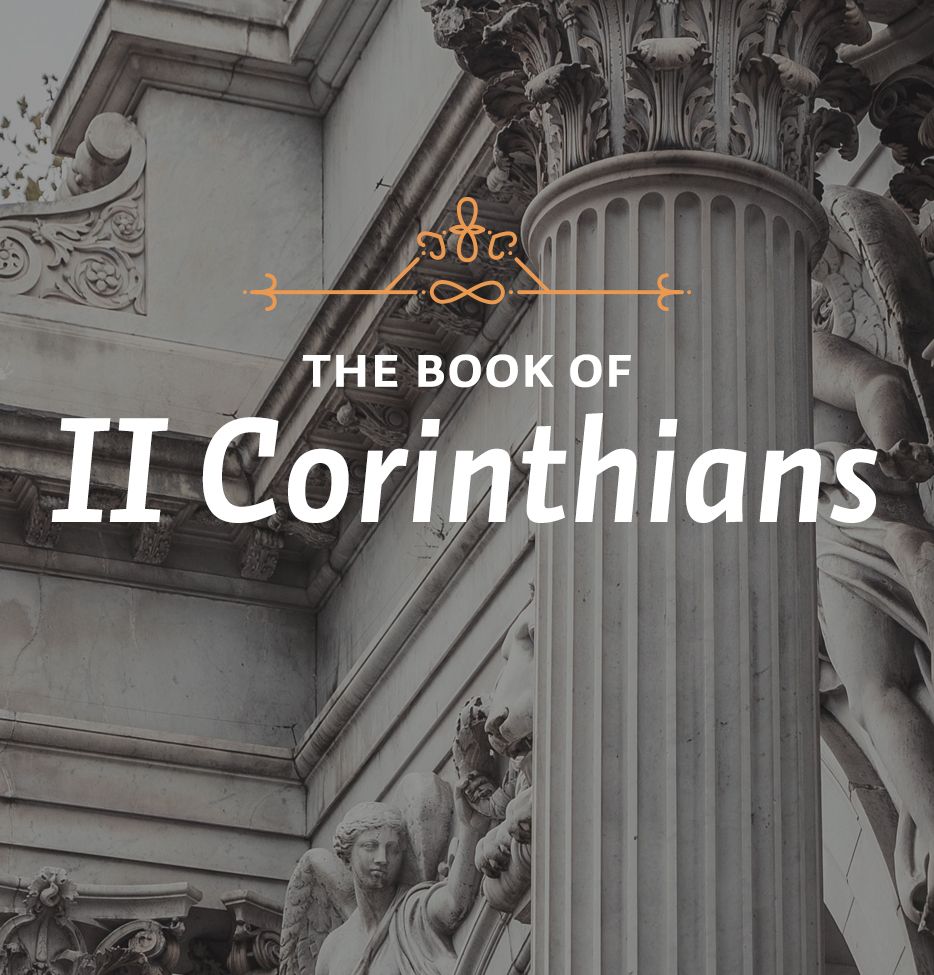Biblical Separation2 Corinthians 6:14 – 7:1Theme: Purity.This week’s lessons teach us the cost of holiness.
LessonWe come to a section of 2 Corinthians that contains just six verses. This is a portion of the book where Paul breaks away from what he has been saying to deal with what was evidently a problem in his time, as it is now in ours. It is the very great problem of the separation of Christians from the world. There have been more divisions in the church over the debate of this issue than perhaps any other. Whole denominations are based upon this principle of separation.
What does Scripture mean when it says, “Come out from among them and be separate”? What are the principles of true biblical separation? It is an important subject. I will share four principles, which extend from this passage.
The first principle is separation between Christians and unbelievers, and not between Christians and other Christians. Paul begins in verse 14, “Do not be yoked together with unbelievers.” Then he spells it out: “For what do righteousness and wickedness have in common? Or what fellowship can light have with darkness? What harmony is there between Christ and Belial? What does a believer have in common with an unbeliever? What agreement is there between the temple of God and idols?”
Someone will say immediately, “But that does not cover all the situations. What about the situation in the church where you have to exercise discipline? Does that not involve separation?” Of course, it can. Discipline is a much-needed thing and it is lacking in the church of Christ today, but discipline is a different matter. Even where it is properly practiced, it does conform in some measure to this very distinction. When discipline in a church is operating properly, it is not a question of believers separating from the unbelievers; it is a question of disciplining one who, by his conduct, at least at that moment, is acting as an unbeliever. That is discipline exercised in its final extreme.
There are different stages of biblical discipline that should be followed and, fortunately, systems of church government do exist where passing through such stages is required. In these forms of government, churches cannot immediately discipline someone through separation from the body of believers. Discipline has to be done very carefully. But, in its final extreme, when all other steps have been taken, the offending person is barred from the Communion service.
What does that mean? It is not simply a judgment in which the church says, “You have been bad so, we are not going to let you come to Communion.” Communion is for all believers. Rather, with this act the church is saying that the offending person’s behavior is inconsistent with Christian conduct. The individual cannot pretend or claim to be a Christian and act in that particular sinful way. So, as long as it continues, the individual is barred from the Communion service. They are to come back only when the behavior is acknowledged as a sin and repented of.
What about the separation that occurs when churches split into denominations? There are situations when people who see Scripture in a particular way and want to live by it find it so difficult to continue fellowship with those who differ in opinion that they have to separate from the denomination. This really is a problem. Many have gone through this process of separation. When it happens, it should not by any stretch of the imagination be done abruptly, precipitously, or without thought. Rather, it is something that should occupy the attention of the leadership in the congregation for a long period. The pros and cons should be considered.
Study Questions
From whom are Christians to be separated according to Paul’s teaching in 2 Corinthians 6:14 – 16?
What is church discipline meant to communicate to an unrepentant believer?
In what way are denominations within the church a form of separation? How should a church congregation handle the process of separating from a denomination?
ApplicationPrayerfully meditate on 2 Corinthians 6:14-18. Ask God to reveal to your heart any person or situation that is compromising your ability to live rightly for God.






